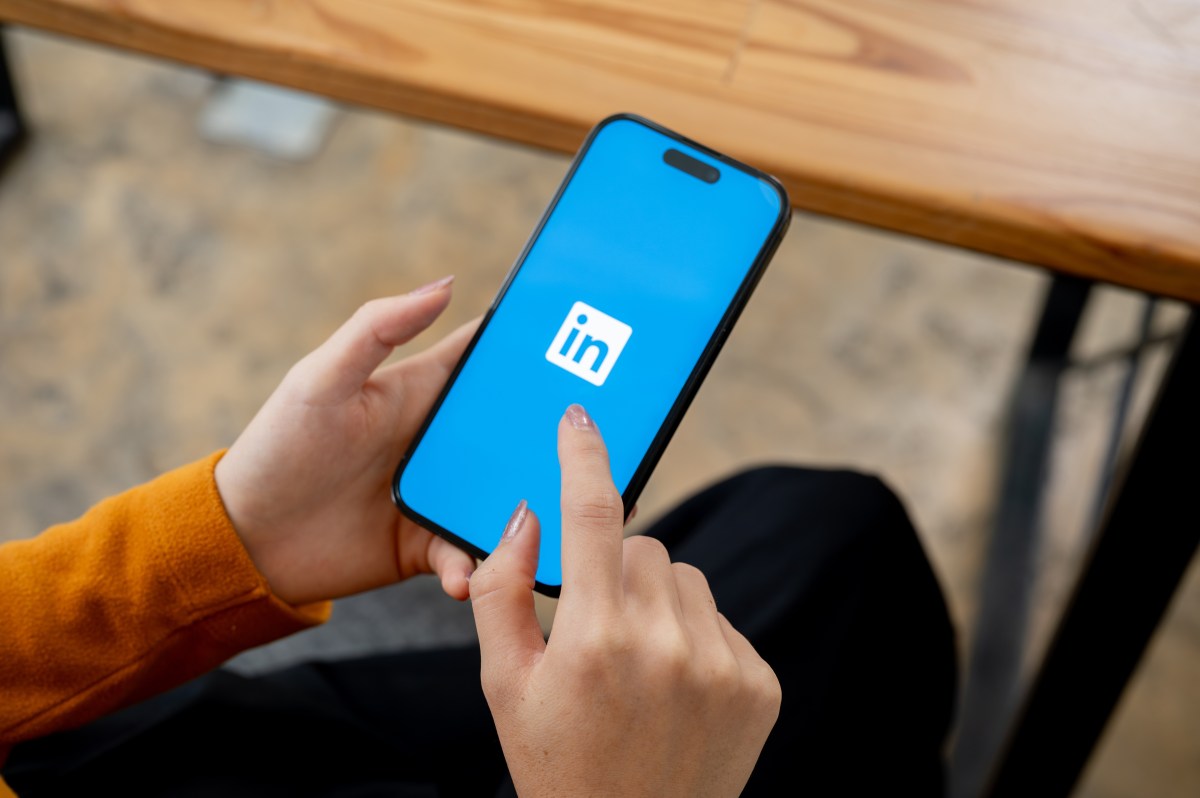LinkedIn Under Fire: Users Sue Over Alleged Breach of Privacy
In a bold move that underscores the ongoing tensions between digital platforms and user privacy, a group of LinkedIn users has recently filed a lawsuit against the professional networking giant. The users claim that their private messages were shared with third parties without their consent, raising significant concerns about data security and privacy in an increasingly digital world. This legal battle shines a light on the delicate balance between user trust and corporate practices in the realm of social networking.
The Allegations: What’s Behind the Lawsuit?
The crux of the lawsuit revolves around allegations that LinkedIn improperly shared users’ private messages—conversations meant to be confidential—with third-party companies. The plaintiffs argue that this breach of privacy not only violates their expectations of confidentiality but also contravenes various privacy laws and regulations designed to protect user data.
According to the lawsuit, LinkedIn’s actions have not only led to a loss of trust among its user base but have also caused emotional distress and potential financial harm to those affected. The users are seeking damages for what they describe as an egregious violation of their privacy rights.
Understanding User Privacy in the Digital Age
As digital platforms become more ingrained in our daily lives, the expectation of privacy has evolved dramatically. Users often share personal and sensitive information online, believing that they are protected by privacy policies and terms of service. However, the reality can be quite different:
- Data Sharing Practices: Many platforms, including LinkedIn, rely on complex algorithms and partnerships that involve sharing user data for advertising and marketing purposes. This practice often raises red flags for users who assume their private messages remain confidential.
- Informed Consent: The key legal question often revolves around whether users provided informed consent for their data to be shared. Many users may not read the extensive privacy agreements, leaving them unaware of how their data could be utilized.
- The Role of Regulation: With regulations like the General Data Protection Regulation (GDPR) in Europe and the California Consumer Privacy Act (CCPA) in the United States, there are increasing legal frameworks aimed at protecting user privacy. However, enforcement remains a challenge.
The Implications of the Lawsuit
This lawsuit against LinkedIn could have far-reaching implications beyond just one platform. If the court finds in favor of the plaintiffs, it could set a precedent that compels other social media and networking sites to reevaluate their data-sharing practices. Here are some potential outcomes:
- Increased Transparency: A ruling in favor of the users may lead to heightened transparency regarding how user data is collected, stored, and shared.
- Changes in Policies: Companies might be forced to revise their privacy policies, making them clearer and more user-friendly.
- Heightened User Awareness: This case could serve as a wake-up call for users to pay more attention to their privacy settings and the terms of service of the platforms they use.
LinkedIn’s Response: A Defense of User Trust
In response to the lawsuit, LinkedIn has publicly stated its commitment to user privacy and data security. The company emphasizes that it employs robust security measures and policies to protect user information. They argue that any data sharing is done in accordance with user agreements and applicable laws.
LinkedIn also highlights the importance of user consent, claiming that users have the ability to control their privacy settings and manage who can see their information. This begs the question: how effective are these settings, and do users truly understand them?
The Broader Context: Privacy in the Age of Social Media
This lawsuit against LinkedIn reflects a much larger conversation happening globally about data privacy and user rights. As social media platforms continue to grow, they face increasing scrutiny:
- Public Sentiment: Users are becoming more vocal about their concerns regarding privacy. High-profile data breaches and misuse of information have led to a growing distrust of large tech companies.
- Legislative Actions: Governments around the world are introducing stricter regulations aimed at protecting consumer data. This includes the promotion of user rights over their personal information.
- Corporate Accountability: There is a rising expectation for companies to be held accountable for how they manage user data. Legal actions like the one against LinkedIn are part of this accountability process.
What Users Can Do to Protect Their Privacy
In the wake of such lawsuits, users are encouraged to take proactive measures to safeguard their privacy online. Here are some practical steps:
- Review Privacy Settings: Regularly check and update privacy settings on LinkedIn and other social media platforms to ensure that your information is shared only with those you intend.
- Be Cautious with Information Sharing: Limit the amount of personal and sensitive information shared online. Always consider the potential consequences of sharing certain details.
- Educate Yourself: Stay informed about privacy policies and data protection laws. Understanding your rights can empower you to take action if your privacy is compromised.
Conclusion: The Future of Privacy on LinkedIn and Beyond
The lawsuit against LinkedIn is more than just a legal battle; it is a reflection of the growing concerns regarding user privacy in the digital age. As users demand greater transparency and accountability, platforms like LinkedIn must navigate the complex landscape of data privacy and user trust.
As this case unfolds, it serves as a crucial reminder that while social media can foster connections and professional networking, it also requires a vigilant approach to privacy. The outcome of this lawsuit could redefine how platforms operate and how users engage, potentially leading to a more secure digital landscape for everyone.
See more Future Tech Daily

